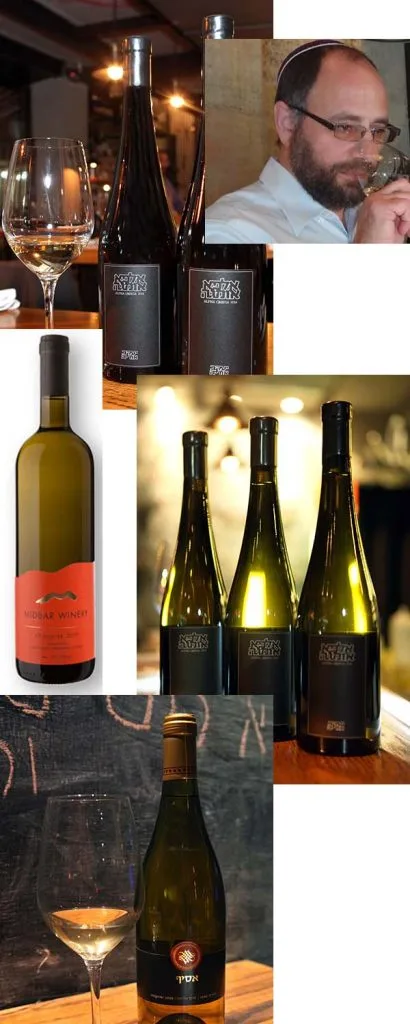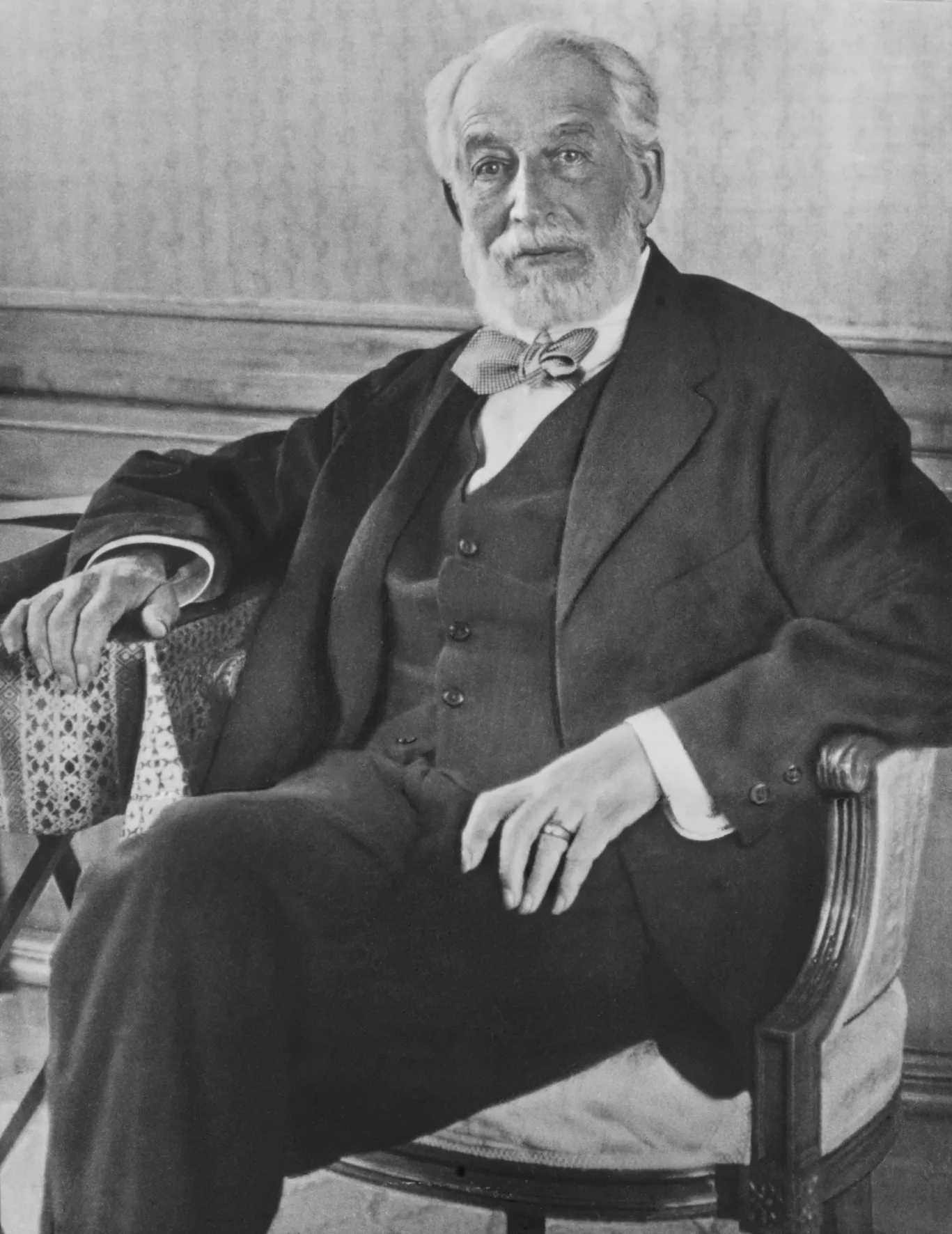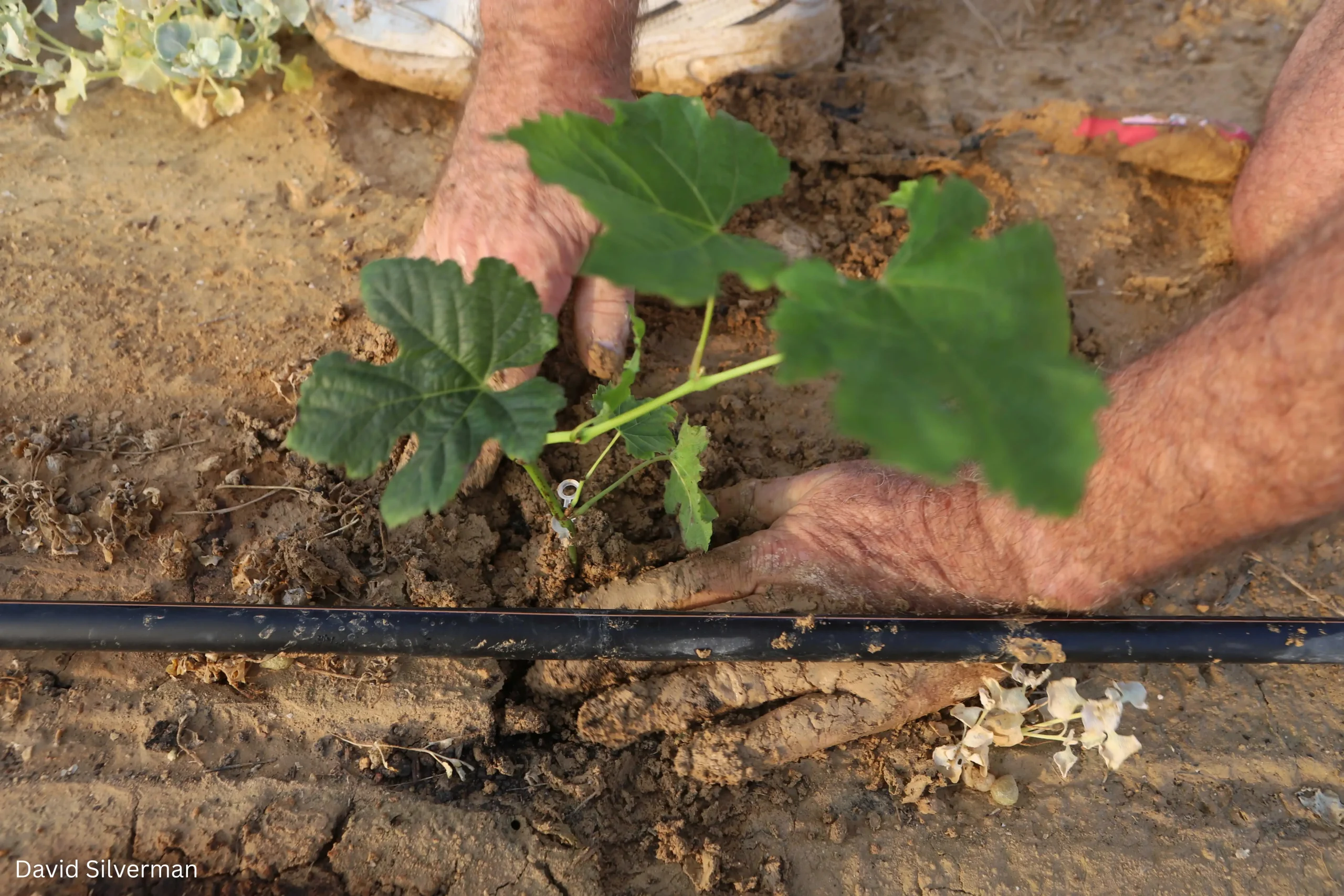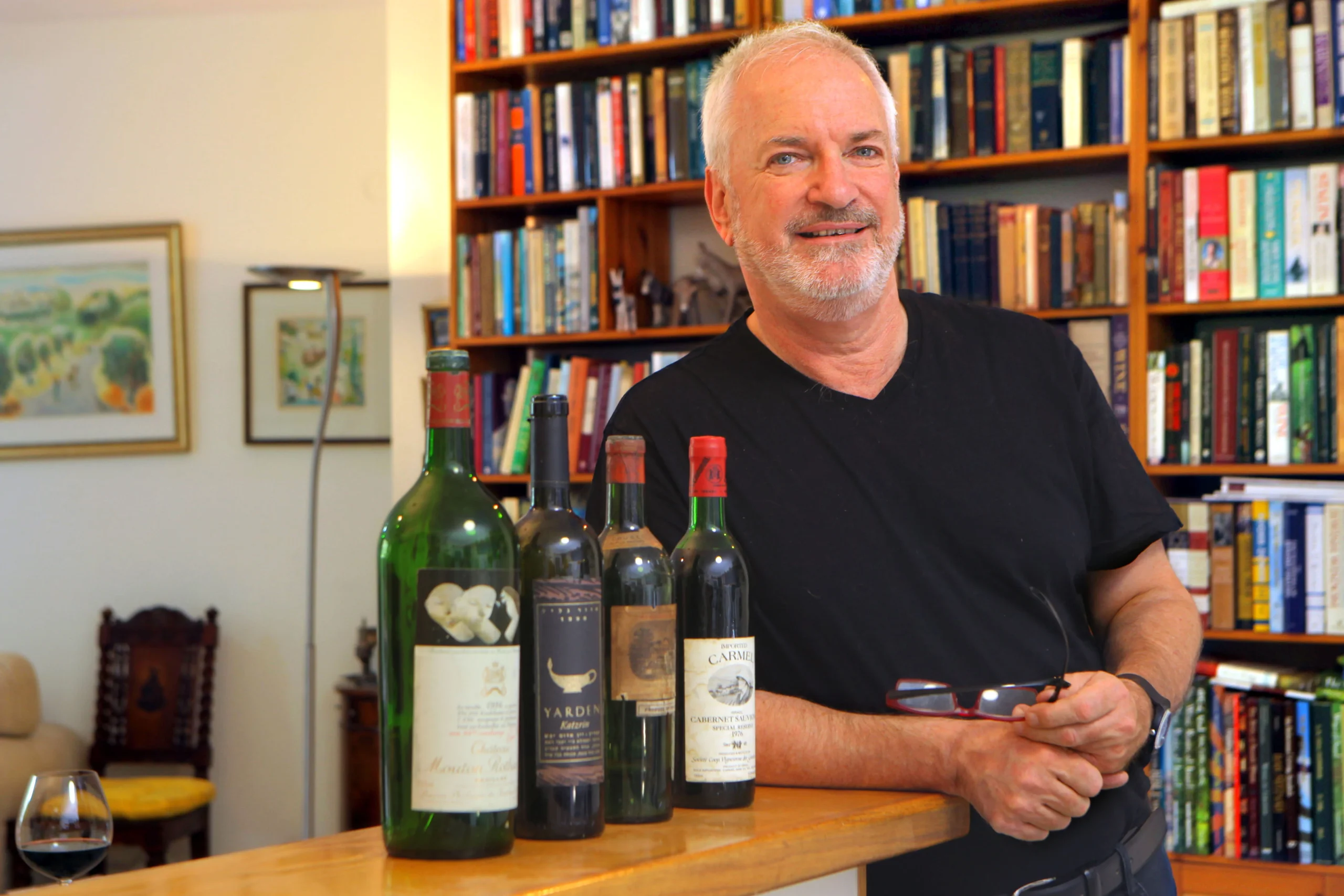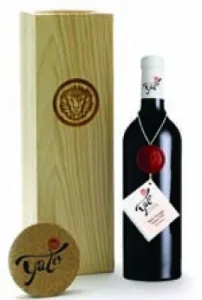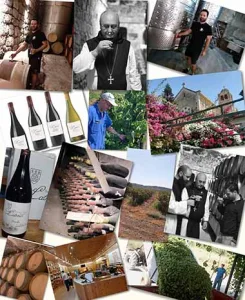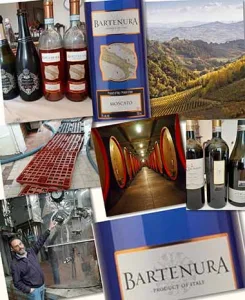Wine people are slightly color blind. We talk about red grapes which are really blue-black and white grapes which are greeny-yellow. We have white wines that aren’t really white. Now there is a new category: Orange wines, which are not really orange.
Confusingly, these are not fruit wines made from your finest Jaffa oranges or wine cocktails mixed with orange juice. Nor are they rosés or pink blush wines, which tend to take an orange hue as they oxidize and age. The term refers to white wines made like red wines and the color of the resulting wines is more amber than orange, but the name has stuck.
Traditionally, generalizing of course, white wines are pulp led wines, with the flesh of the grape providing the fruitiness and acidity. White wines are usually made without the grape skins, apart from the occasional fleeting skin contact. On the other hand, red wines are skin led wines, with the skin of the grapes providing the color and character we associate with red wines. Orange wines break the stereotype.
Orange wines are macerated with the grape skins and fermented in a similar way to red wines, which results in wines with their special amber, auburn color. This comes mainly from the grape skins but also from the oxidization process. Think of the color of brandy.
The wines can scarcely be called fruity like a usual white or red wine. They may have notes of soft fruits and honey flavors but these are usually subdued. However the wines themselves are full bodied, assertive with a bold structure. They are intense and quite tannic with a minerally texture. Invariably they have an attractive sour apple finish, similar to a scrumpy cider or the sour twist you get at the end of a Lambic fruit beer.
Orange wines are really niche wines for wine anoraks, who will look for them because they are different and authentic. Those brought up on a strict regime of fruit forward reds, and refreshing whites will turn their noses up at orange wines, as something that seems ‘off’ because it does not fit into the typecast.
Paradoxically there is a strong chance that the non-wine expert, with no interest in orange wines per se, will like them. This is because the wines are not sour like white wines or astringent like reds, so they are tasty, full flavored, unthreatening alternatives.
The new trend for orange wines brewed in the minds of the few idealistic winemakers in search of authenticity in the late 1990’s. The main region for orange winemaking is Friuli-Venezia Giulia in north east Italy. There, winemakers like the legendary Josko Gravner and Stanislao Radikon, who were seeking retro and innovation at the same time, decided to make an orange wine. They wanted to rebel against modern winemaking techniques. The purpose was to be original, go back to basics and to unlock the potential of the local thick skinned variety, Ribolla Gialla. They threw away the winemaking school books, ignored technology and decided to make wine as naturally as possible, with no additives, taking inspiration from how wine was once made, in days gone by.
Over the border in Slovenia they had made wines in this style for years, primarily because wines made in this way had greater longevity.
Both gained inspiration from the Georgians who for thousands of years have made wines in Kvevri, large clay vessels, which are topped up with wine and all the trimmings including skins, seeds and of course wild, not cultured yeasts. Then they are sealed, buried in the ground and left to slowly ferment over a long period of time letting nature rather than interventionist winemaking, to do its work.
In the 2000’s, one particular Israeli winemaker had the intellectual curiosity to make his own forage in the world of white wines made like reds. At that time, he had not heard of attempts of others, but he had the querying mind to overturn tables and seek his own truth.
Yaacov Oryah was born in New York into a religious family. He was the youngest of six children, and came to Israel when he was five years old and lived in Bnei Brak. He now has five children of his own.
His parents were originally from Belgium and Hungary, which may have been the hidden roots of his wine appreciation that was to become apparent later. However it was only after serving in the army, that he first met table wines. Whilst travelling in California he came across Bartenura and Israeli wines and for the first time realized there was a wine world beyond traditional Kiddush wines.
He was a qualified engineer, but a door opened in his mind. He did the Barry Saslove Wine Appreciation course and got the wine bug pretty bad. In 2004 he studied winemaking the Soreq Winery Winemaking School and took the Tel Hai College Cellar Master Course.
In 2006 he opened his own Asif Winery. Ever the innovator, he first intended it to be a negociant winery. This means buying wine from elsewhere, and then shaping it and blending it at his facility.
Then, he decided to focus on white wine. He thought whites with their lower alcohols, better acidity and greater variety, were of more interest than reds: More challenging to make, better with food and more suitable for our climate. As such he was a pioneer.
At Asif Winery, Oryah being religious, made wine strictly according to Halacha, but the wine did not have a Kashrut Hechsher. Then, under new ownership, the name changed to Midbar, Oryah continued to work his magic and then moved on.
His fascination with the skins of white grapes began then. He could not understand why if all the flavor of red wines came from the skins, why winemakers dispensed with the skins of white grapes. His curiosity pushed him to make an experimental Asif Colombard and an Asif Gewurztraminer in 2007 as his first Orange wines. Then the Asif Viognier 2008 was released with the words ‘Adam and Adama’ on the label (man and earth) and Midbar Orange 44 2010 (a blend of Chenin Blanc, Chardonnay and Viognier) followed onto the market. They are great wines (note the present tense) and totally original. An acquired taste to some, and a valuable addition to the rich tapestry of wine to others. Bringing orange to blue and white if you like! Each wine had different nuances dictated by the grape variety. For instance the Colombard has a more pronounced acidity and the Gewurztraminer still maintains the blowsy Gewurz nose.
Today, Yaacov Oryah is the winemaker for Psagot Winery and doing a great job. Privately though, Oryah is still like the little boy getting his first bunsen burner in a chemistry class. He is desperate to play, challenge conventions and has an uncontrollable urge to be experimental. This is not for commercial ends, just for the joy of doing something new, or understanding how it all works better. I call him the winemaking intellectual. He has now come out with his own Yaacov Oryah wine under the Alpha Omega label. Think about it, who else but an intellectual would call his wine Alpha Omega?
I tasted the 2014 Alpha Omega made from Roussanne, Viognier and Semillon grapes fermented dry, with skins and all. The Roussanne provides a herbal backdrop, the Viognier the delicate fruit and fatness and the Semillon a lime and textural quality. I detected a slightly sherried nose, a lavender and white flower aroma, with a hint of smoked sausage and a rusty texture. The acidity was enough to make the wine fresh…and it had the sour apple finish I like so much. It is a wine to seek out as only a few bottles have been produced, but then to lay down for a number of years. It will gain greater layers of complexity with bottle age.
He has also produced the nearest to a Hunter Valley Semillon that we have had in Israel. Stainless steel fermented, unaged in oak, but with six years bottle aging, the wine is the best Semillon we have yet had here. That is also under the Yaacov Oryah label.
He is fascinating to talk to, whilst being modest, quiet and humble, though he does have an infectious giggle. However we are fortunate to benefit from his questioning mind and patience to try new things over a period of years. Apart from anything else, he is the person who has brought orange into the Israeli wine vocabulary.


